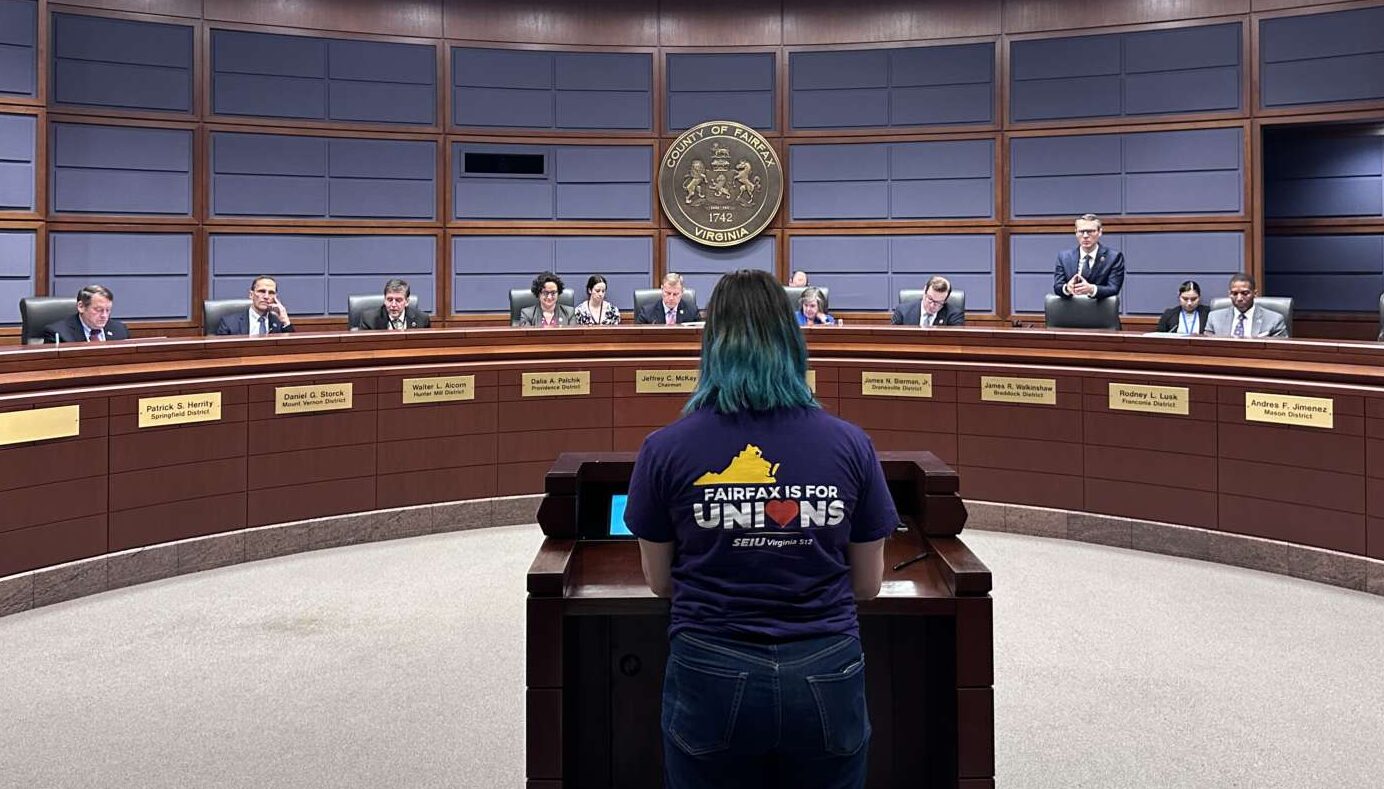
This is a sponsored column by attorneys John Berry and Kimberly Berry of Berry & Berry, PLLC, an employment and labor law firm located in Reston Town Center that specializes in federal employee, security clearance, retirement, and private sector employee matters. They write biweekly on RestonNow.
Until recently, in Virginia and in most other jurisdictions, there were very few, if any, protections from discrimination in the workplace due to an employee’s sexual orientation.
Typically, an individual could be subject to termination from employment based on sexual orientation discrimination without any recourse. The courts tended to readily dismiss such cases or not acknowledge them as valid claims. While the current protections are not where they need to be, the laws in this area and the individuals that interpret them have started to change. Below are the most recent changes to sexual orientation discrimination laws and enforcement.
Active EEOC Enforcement: The Equal Employment Opportunity Commission (EEOC) has decided to take a proactive approach to and actively prosecute sexual orientation discrimination complaints. Due to the limitations in existing federal law under the Civil Rights Act in pursuing complaints based solely on sexual orientation, the EEOC has taken the approach that many forms of sexual orientation discrimination also constitute sexual harassment or sex discrimination. As such, the EEOC has pursued cases involving sexual stereotyping and gender identity. For example:
- Comments or rumors about an employee being gay can be severe enough to constitute sexual harassment.
- Innuendos about an employee’s sexuality and “feminine voice” can constitute sex discrimination.
- Comments or stereotypes that men should only marry women can constitute sex discrimination.
Changes by Presidential Executive Order: On July 21, 2014, President Obama amended Executive Order 11478, which has a significant effect on a number of Northern Virginia companies that have federal government contracts over $10,000.
The changes to the Executive Order bars federal contractors, subcontractors, and construction employers working on federally assisted construction projects from engaging in discrimination in employment on the basis of sexual orientation or gender identity.
The specific rules for processing such cases and enforcing the new changes to the Executive Order are being developed by the Department of Labor.
New Court Rulings: Much like the legal debates over gay marriage, the courts are slowly but surely changing their views on the sexual orientation complaints. In the past, many courts tended to take a narrow view that sexual orientation claims were not recognizable under law because they were not covered under the Civil Rights Act.
Recently, however, many courts have taken a different approach and have issued new rulings that give more leeway in filing such claims. For example, some courts are starting to view sexual orientation claims, which are cases that can be brought to court, as discrimination based on sexual harassment.
Changes to Laws: In different areas of the country, many localities (cities and counties) and states are enacting laws protecting against sexual orientation discrimination. Some jurisdictions, such as the District of Columbia, have had such protections for some time. However, many other jurisdictions are moving toward enacting their own laws protecting against discrimination based on sexual orientation.
The legal system, in regard to sexual orientation discrimination, is in a state of change. The laws that protect employees from arbitrary treatment based on one’s sexual orientation are not where they need to be, but are far better than they were just five years ago. It is clear that this area of law is evolving to the point where the legal system will provide even stronger protections in the years to come.
If you are an employee who is in need of legal advice or representation regarding sexual orientation discrimination, please contact our office at (703) 668-0070 or at www.berrylegal.com to schedule a consultation. Please also visit us at www.retirementlaw.com or on Facebook at www.facebook.com/BerryBerryPllc.





